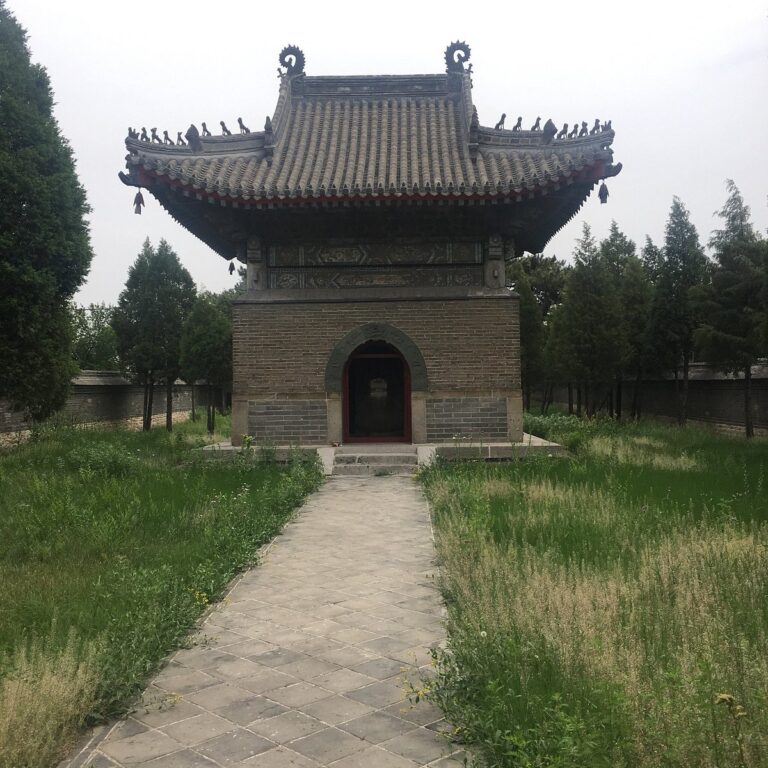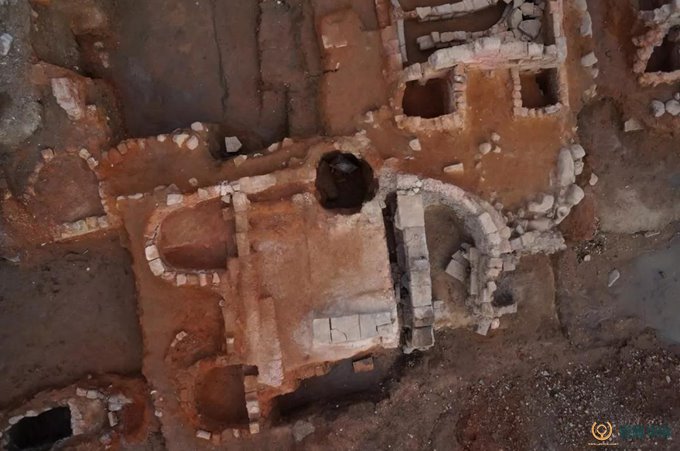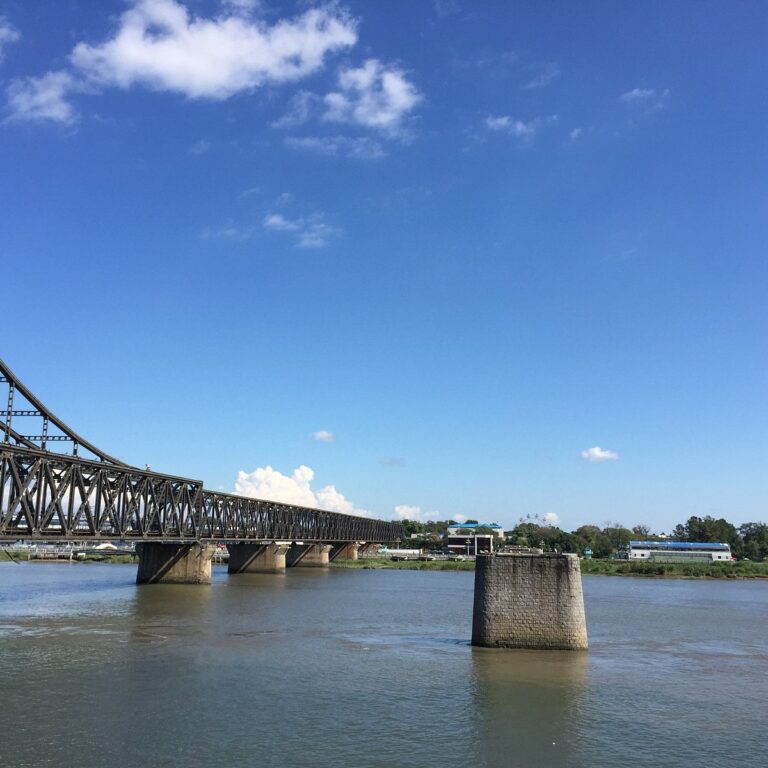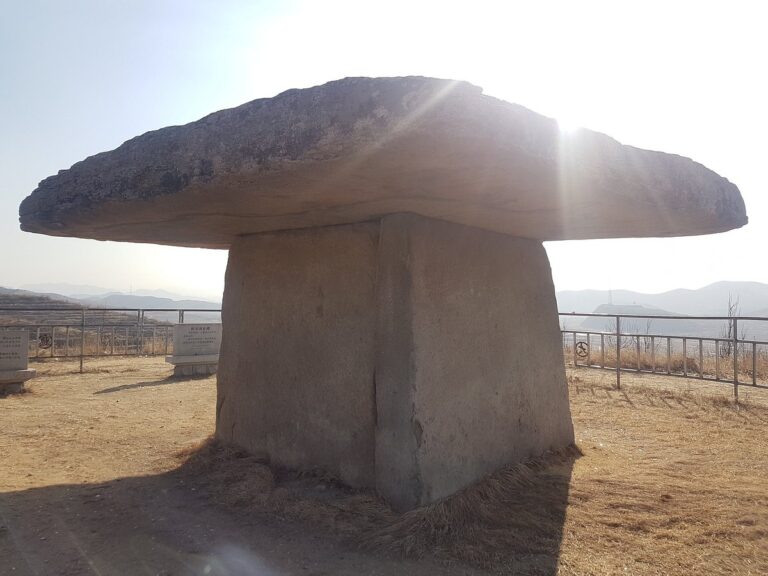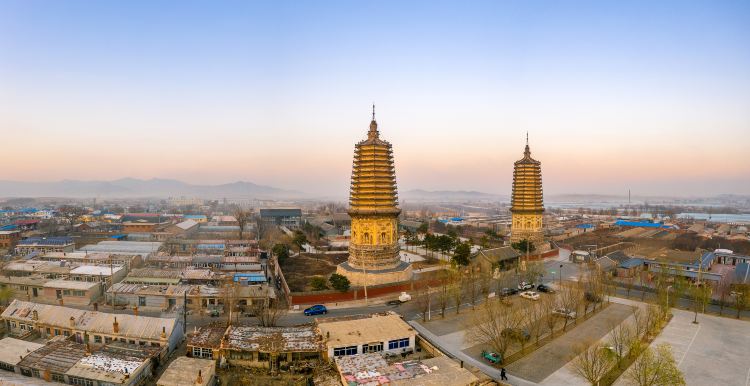Experience Shenyang’s Unique Military History: Visiting Shenpan Riben Zhanfan Tebie Junshi Fating Jiuzhi
An Essential Guide to Visiting Shenyang Shenpan Riben Zhanfan Tebie Junshi Fating Jiuzhi
In This Guide
- An Essential Guide to Visiting Shenyang Shenpan Riben Zhanfan Tebie Junshi Fating Jiuzhi
- The Rich History of Shenyang Shenpan Riben Zhanfan Tebie Junshi Fating Jiuzhi
- Main Highlights: What to See at Shenyang Shenpan Riben Zhanfan Tebie Junshi Fating Jiuzhi
- Planning Your Visit: A Practical Guide
- Tickets, Hours, and Booking
- How to Get There
- Local Cuisine and Accommodation
- Frequently Asked Questions
- Final Thoughts on Your Trip
In the heart of Shenyang, a city steeped in history, lies a poignant reminder of the turbulent past that shaped modern China—the Shenyang Trial of Japanese War Criminals Memorial Hall. This significant site, located at 77 Heilongjiang Street in the Huanggu District, serves as a testament to the resilience of the Chinese people and their unwavering quest for justice following the ravages of World War II.
Officially opened to the public on May 18, 2014, this memorial hall stands on the grounds of the Special Military Tribunal that operated from June 9 to July 20, 1956. During this pivotal trial, 36 Japanese war criminals faced justice for their actions during the Second Sino-Japanese War. The Shenyang trial not only marked a significant chapter in China’s post-war history but also represented a broader international effort to hold perpetrators accountable, echoing the sentiments of justice and retribution felt across the globe.
Through a compelling blend of restored exhibits and factual displays, the hall meticulously narrates the history of these trials, offering visitors an immersive experience. From photographs and artifacts to audio-visual presentations, each element serves to educate the public about the trials and the broader implications of wartime atrocities.
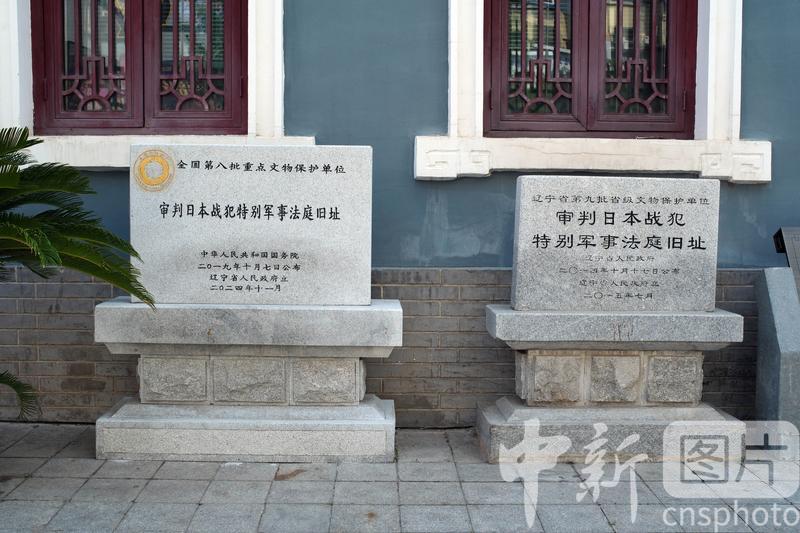
Shenyang Shenpan Riben Zhanfan Tebie Junshi Fating Jiuzhi.
Today, the Shenyang Trial of Japanese War Criminals Memorial Hall is not only a designated national key cultural relic protection unit but also a prominent site for patriotic education, drawing visitors eager to learn about the past and reflect on the enduring spirit of the Chinese people. It stands as a powerful reminder of the struggles endured and the lessons learned, urging us to remember the past while looking toward a future defined by peace and understanding.
The Rich History of Shenyang Shenpan Riben Zhanfan Tebie Junshi Fating Jiuzhi
The Shenyang Shenpan Riben Zhanfan Tebie Junshi Fating Jiuzhi, also known as the Shenyang Trial of Japanese War Criminals Site, holds a significant place in the historical narrative of post-World War II justice. Located in the Hwanggu District of Shenyang, Liaoning Province, this site is dedicated to the trials held from June 9 to July 20, 1956, where 36 Japanese war criminals were publicly tried by the People’s Court of China.
This trial was not an isolated event but rather part of a broader international movement to hold war criminals accountable for their actions during the Second World War. After the war, the global community witnessed a series of trials aimed at delivering justice to those who had committed crimes against humanity. The Shenyang trial represented a crucial chapter in this ongoing effort, marking China’s commitment to addressing the atrocities committed during the Japanese invasion.
The site itself has been carefully preserved and transformed into a museum, officially opening to the public on May 18, 2014. As the only museum in China exclusively focused on this subject, it integrates numerous forms of exhibition, including historical documents, photographs, artifacts, and multimedia displays, to provide a comprehensive account of the trials and the historical context surrounding them. The exhibits vividly illustrate the events leading up to the trials, the proceedings themselves, and the aftermath, emphasizing the significance of these judicial actions in reaffirming the Chinese people’s resolve against imperial aggression.
The trials were not merely legal proceedings; they were deeply symbolic, reflecting the aspirations of a nation striving to reclaim its dignity after years of foreign domination. All 36 defendants admitted their guilt and accepted the judgment, a remarkable outcome that underscored the gravity of their offenses and the collective memory of suffering endured by the Chinese people during the war.
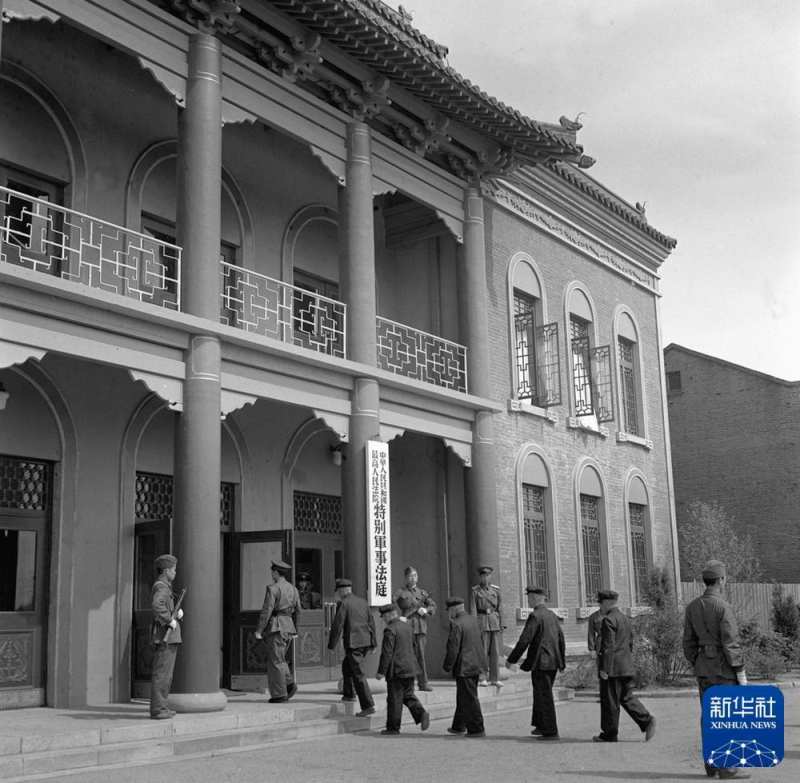
Shenyang Shenpan Riben Zhanfan Tebie Junshi Fating Jiuzhi.
Recognized as a national key cultural relic protection unit and a patriotic education base, the site attracts numerous visitors annually. It serves as a vital educational resource, fostering understanding of the historical context of the Sino-Japanese War and the importance of justice in the face of past atrocities. Moreover, it stands as a powerful testament to the resilience of the Chinese spirit and the determination to ensure that the lessons of history are not forgotten.
Today, the Shenyang Trial of Japanese War Criminals Site continues to play a crucial role in fostering dialogue about war, justice, and reconciliation, making it an essential stop for anyone interested in understanding the complex legacy of World War II in East Asia.
Main Highlights: What to See at Shenyang Shenpan Riben Zhanfan Tebie Junshi Fating Jiuzhi
The Shenyang Tribunal for Japanese War Criminals Memorial Museum, located at 77 Heilongjiang Street in Shenyang, Liaoning Province, stands as a poignant reminder of justice in the aftermath of war. Opened on May 18, 2014, this unique museum is the only one in China dedicated to the trials of Japanese war criminals conducted by the new Chinese government, marking a significant chapter in the nation’s post-war history.
Key Features:
-
Historical Significance: The museum chronicles the public trial of 36 Japanese war criminals by the Special Military Tribunal of the Supreme People’s Court between June 9 and July 20, 1956. This trial was a continuation of international efforts to bring Japanese war criminals to justice and embodies the Chinese people’s resolve after the Second Sino-Japanese War.
-
Engaging Exhibits: Visitors can explore a range of exhibits that utilize photographs, artifacts, documents, and audiovisual materials to vividly recount the events surrounding the trials. The museum’s design effectively blends restoration of the original courtroom with historical displays, allowing guests to immerse themselves in the narratives of justice and reconciliation.
-
Educational Value: Recognized as a national key cultural relic protection unit and a model site for patriotic education, the museum serves as an important educational resource. It aims to instill a sense of national pride among younger generations and provides a powerful counter-narrative to contemporary attempts to deny the historical aggression of Japan during the war.
-
Free Admission: The museum is open to the public free of charge, making it accessible for all visitors interested in learning about this critical aspect of history. Operating hours are from 9:00 AM to 5:00 PM, with last admissions at 4:30 PM.
-
Visitor Experience: The site encourages a thoughtful reflection on the impacts of war and the importance of justice, making it a compelling stop for anyone interested in history, culture, or international relations. Guests typically spend around 2 to 3 hours exploring the rich array of exhibits.
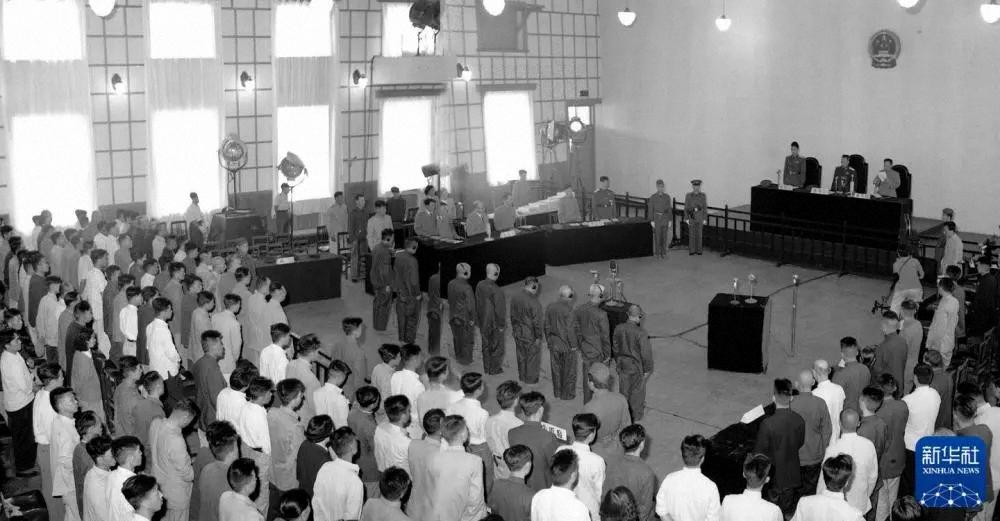
Shenyang Shenpan Riben Zhanfan Tebie Junshi Fating Jiuzhi.
A visit to the Shenyang Tribunal for Japanese War Criminals Memorial Museum not only provides insight into a significant judicial proceeding but also offers a deeper understanding of Chinese resilience and the ongoing quest for historical truth.
Planning Your Visit: A Practical Guide
Visiting the Shenyang Trial of Japanese War Criminals Memorial Hall offers a unique opportunity to explore a significant historical site in China. Here’s a practical guide to help you make the most of your visit:
Location and Access
The Shenyang Trial of Japanese War Criminals Memorial Hall is located at 77 Heilongjiang Street, Huanggu District, Shenyang, Liaoning Province. It is conveniently situated near the Liaoning University of Traditional Chinese Medicine.
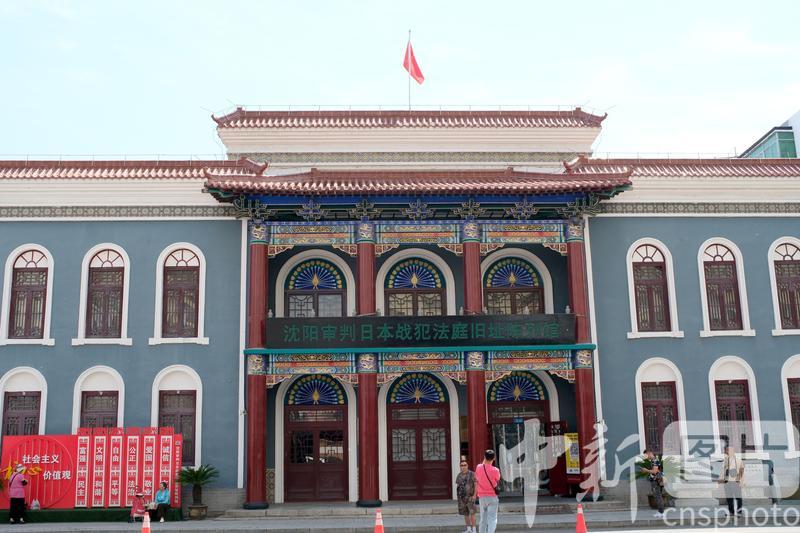
Shenyang Shenpan Riben Zhanfan Tebie Junshi Fating Jiuzhi.
Opening Hours
- Daily: 9:00 AM – 5:00 PM
- Last Entry: 4:30 PM
- Closed: Public holidays may affect opening hours, so it’s advisable to check in advance.
Admission
- Entry Fee: Free of charge
This makes it an accessible option for all visitors interested in historical education and reflection.
Suggested Duration of Visit
Plan to spend about 2-3 hours at the memorial hall. This timeframe allows ample opportunity to explore the exhibits, engage with the historical context, and reflect on the narratives presented.
Exhibits and Features
The museum features a combination of restored displays and documented historical artifacts that tell the story of the trial held from June 9 to July 20, 1956. This trial involved the public prosecution of 36 Japanese war criminals by the People’s Republic of China.
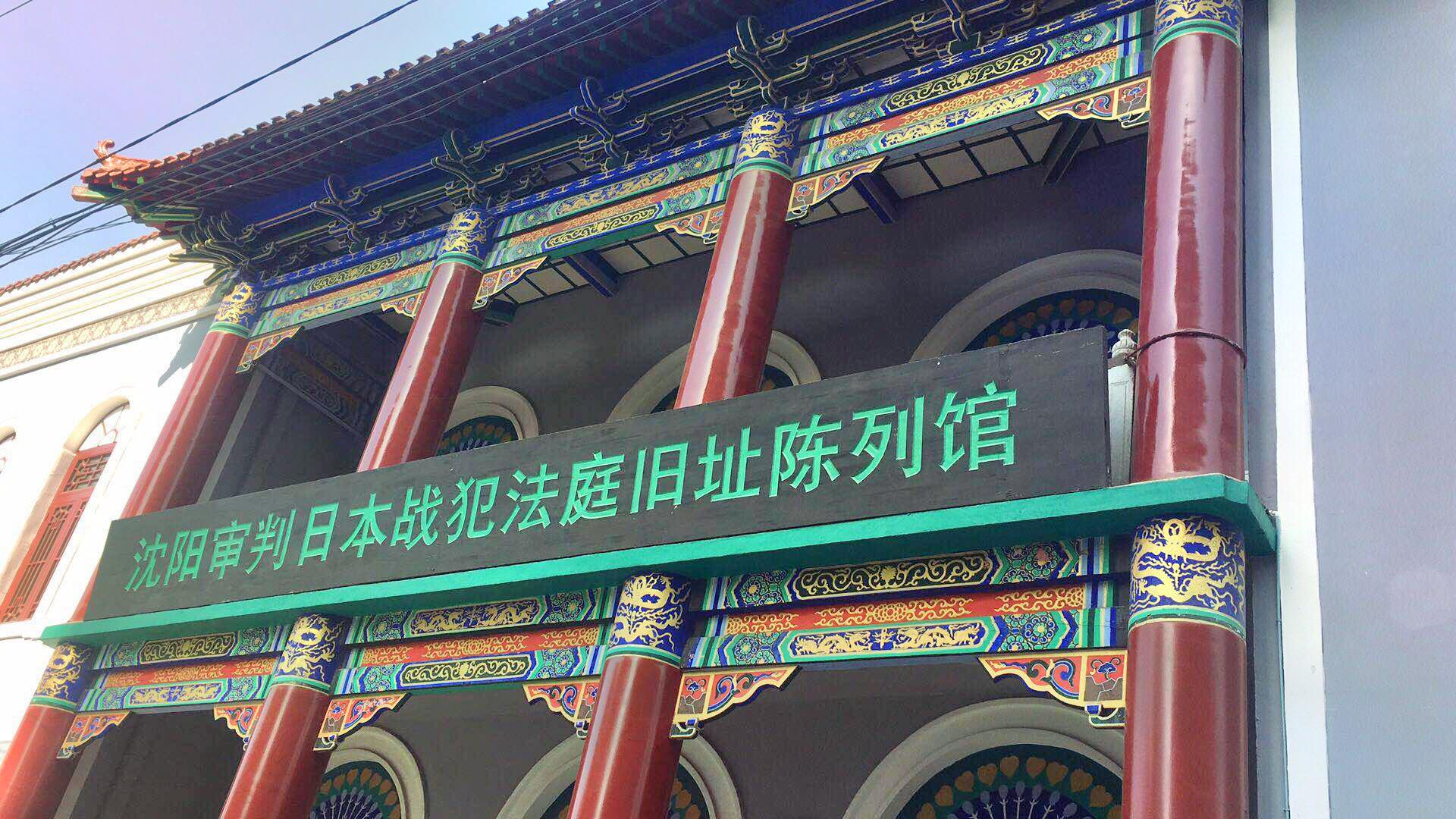
Shenyang Shenpan Riben Zhanfan Tebie Junshi Fating Jiuzhi.
You can expect to see:
– Photographs and Documents: Rich visual documentation that chronicles the historical events.
– Artifacts: Items that provide tangible connections to the past.
– Audio-Visual Presentations: Multimedia displays that enhance the storytelling experience.
Educational Significance
The memorial hall not only serves as a reminder of the atrocities of war but also functions as an educational site emphasizing patriotism and historical awareness, particularly for younger generations. It stands as a testament to the resilience of the Chinese people and their commitment to justice.
Accessibility
The site is designed to be accessible to all visitors, including those with mobility challenges. It’s advisable to inquire about specific facilities if you have particular needs.
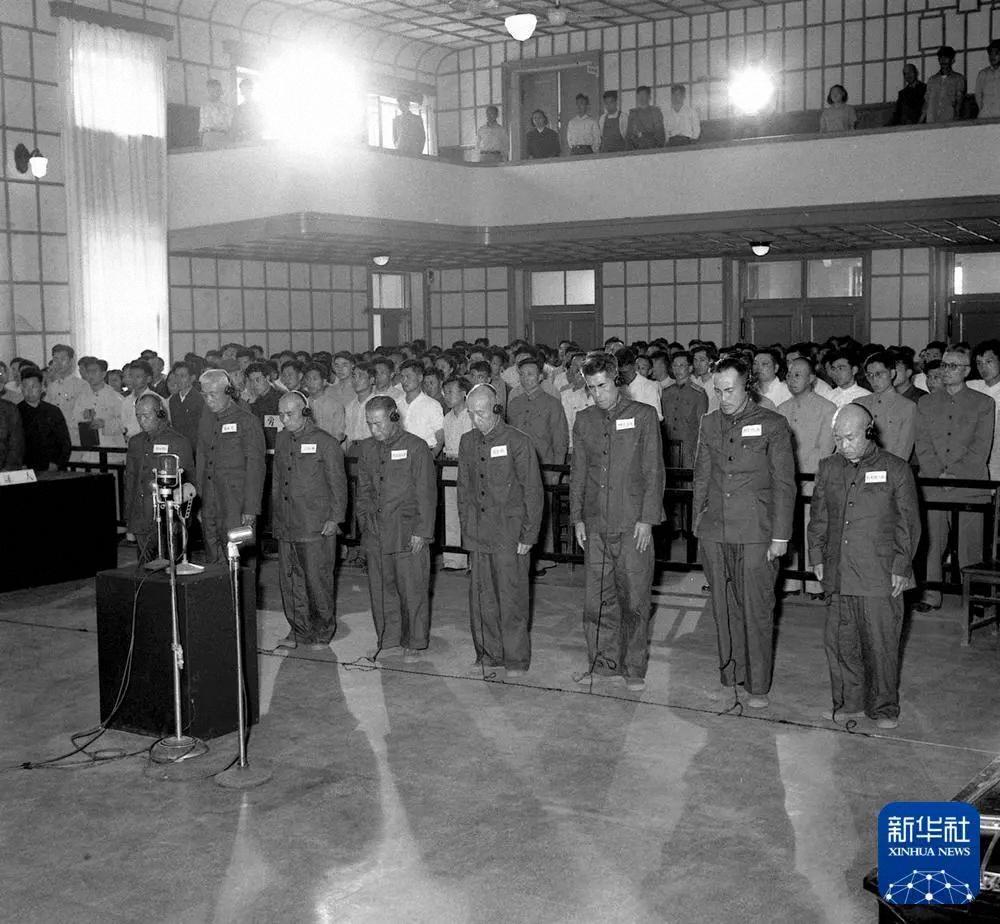
Shenyang Shenpan Riben Zhanfan Tebie Junshi Fating Jiuzhi.
Nearby Attractions
While in the area, consider visiting other historical sites such as the 9.18 Historical Museum, which provides broader context to the events surrounding the Second Sino-Japanese War.
Tips for Visitors
- Arrive Early: To avoid crowds, especially on weekends, consider visiting early in the day.
- Respect the Space: As a memorial, it is important to maintain a respectful demeanor.
- Photography: Check the museum’s policy on photography to ensure you comply with any restrictions.
Conclusion
The Shenyang Trial of Japanese War Criminals Memorial Hall is an essential stop for those interested in understanding China’s historical narrative and its implications today. By preparing your visit with this guide, you can ensure a meaningful and informative experience.
Tickets, Hours, and Booking
Visiting the Shenyang Court for the Trial of Japanese War Criminals is a profound experience, allowing guests to delve into a significant chapter of history. Here are the essential details for securing your entry:
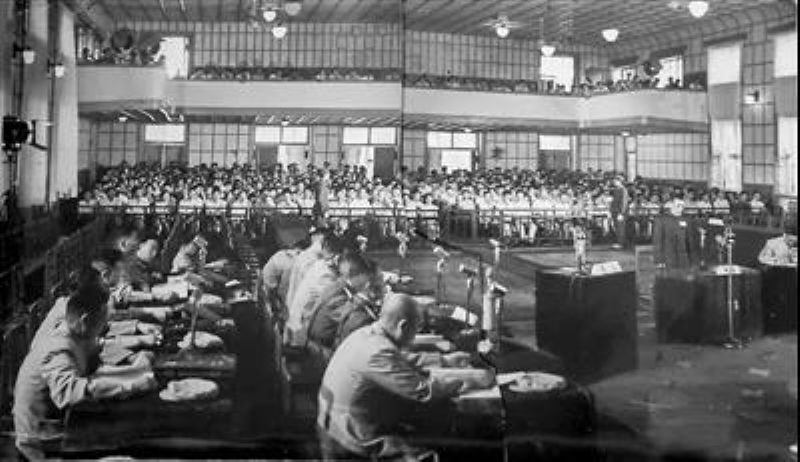
Shenyang Shenpan Riben Zhanfan Tebie Junshi Fating Jiuzhi.
-
Admission Fee: Entry to the Shenyang Court for the Trial of Japanese War Criminals is complimentary, making it accessible for everyone interested in this important historical site.
-
Opening Hours: The museum operates from 9:00 AM to 5:00 PM daily. Please note that the last admission is at 4:30 PM, so plan your visit accordingly to ensure you have ample time to explore the exhibits.
-
Location: The museum is situated at 77 Heilongjiang Street, Huanggu District, Shenyang, near the Liaoning University of Traditional Chinese Medicine. This central location makes it convenient for visitors to access.
-
Suggested Duration of Visit: To fully appreciate the extensive displays and historical context, it is recommended to allocate 2 to 3 hours for your visit. This will allow you to engage with the exhibits, which include artifacts, photographs, and multimedia presentations that detail the trials held from June 9 to July 20, 1956.
-
Contact Information: For any inquiries regarding your visit, you can reach the ticketing office at +86-24-86841108. They can assist with any questions regarding your visit or provide further details about the exhibitions.
Prepare for a reflective journey through history as you explore the narratives of justice and the legacy of the anti-Japanese war efforts at this significant site.
How to Get There
Visiting the Shenyang Shenpan Riben Zhanfan Tebie Junshi Fating Jiuzhi, or the Shenyang Court for the Trial of Japanese War Criminals, offers a profound opportunity to delve into an important chapter of history. To make your journey to this significant site seamless and enjoyable, here’s a comprehensive guide on transportation options.
Getting to the Shenyang Court for the Trial of Japanese War Criminals
Located at 77 Heilongjiang Street, Hwangku District, Shenyang, the museum is easily accessible through various modes of transportation. Here’s how to reach the site:
By Air
The nearest airport to Shenyang is Shenyang Taoxian International Airport (SHE), which is approximately 20 kilometers from the city center. From the airport, you can take a taxi directly to the museum, which should take around 30 minutes depending on traffic. Alternatively, airport shuttle buses operate routes to major city locations, from where you can transfer to local public transport.
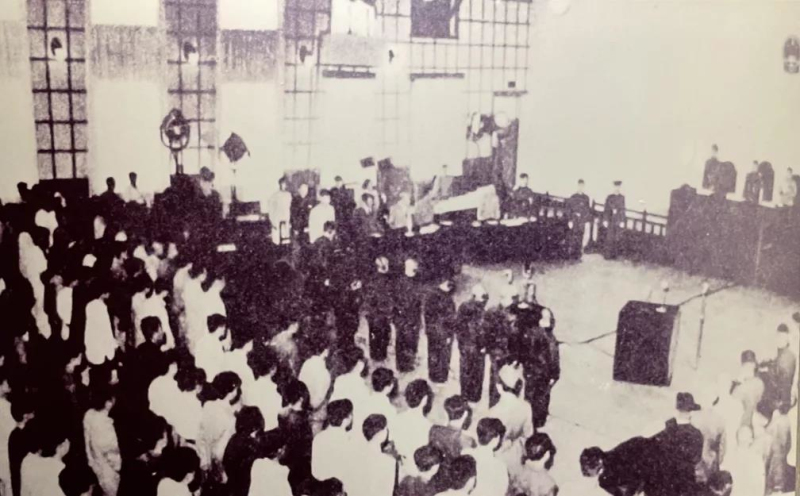
Shenyang Shenpan Riben Zhanfan Tebie Junshi Fating Jiuzhi.
By Train
Shenyang is well-connected by rail, making it easy to reach from major cities across China. The main railway station, Shenyang North Railway Station, is situated about 6 kilometers from the museum. Upon arrival, you can take a taxi or use local buses to reach the site. The taxi ride will take approximately 15 minutes.
Public Transportation
For those who prefer using public transport, Shenyang boasts an extensive bus and metro system:
-
Metro: The nearest metro station is Line 1, which stops at Heping Road Station. From there, you can take a short taxi ride or transfer to a bus that heads towards Heilongjiang Street.
-
Buses: Numerous bus lines service the area surrounding the museum. Look for routes that stop near Heilongjiang Street. Buses are an economical option, with fares typically around CNY 2-3.
By Taxi or Ride-sharing
For convenience, taxis and ride-sharing services like Didi are widely available throughout Shenyang. Simply input the museum’s address into the app, and a driver will pick you up at your chosen location. This is one of the most straightforward ways to reach the site, especially for first-time visitors who may not be familiar with the public transport system.
Accessibility
The museum is committed to being accessible to all visitors. There are provisions for individuals with disabilities, including wheelchair access and assistance from staff.
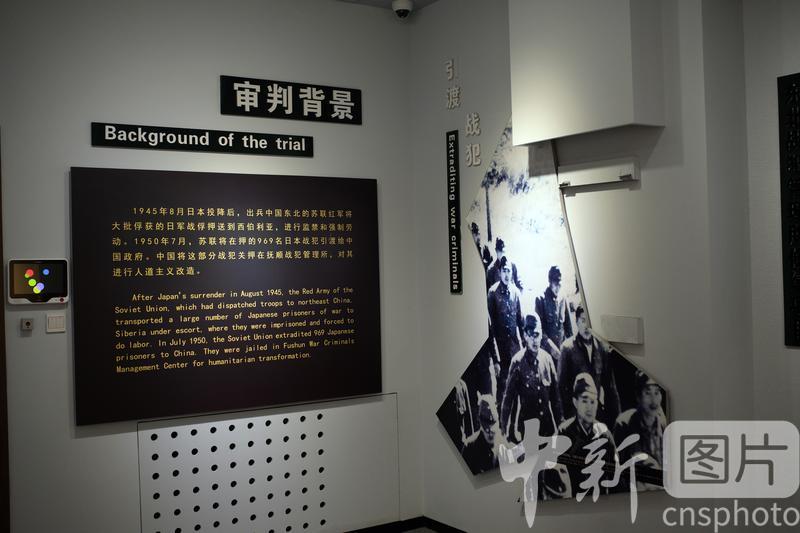
Shenyang Shenpan Riben Zhanfan Tebie Junshi Fating Jiuzhi.
Tips for Your Visit
-
Opening Hours: The museum is open from 9:00 AM to 5:00 PM, with the last entry at 4:30 PM. Plan your visit accordingly to allow ample time for exploration.
-
Free Admission: Entrance to the museum is free, making it an excellent option for budget-conscious travelers.
-
Suggested Duration: Allocate about 2-3 hours to fully appreciate the exhibits and the historical significance of the site.
With this transportation guide, you are well-equipped to embark on your journey to the Shenyang Court for the Trial of Japanese War Criminals. Enjoy your visit and the deep historical insights it offers!
Local Cuisine and Accommodation
When visiting the Shenyang Shenpan Riben Zhanfan Tebie Junshi Fating Jiuzhi (沈阳审判日本战犯法庭旧址), you’ll find yourself in a city rich in history and culture. To enhance your experience, here are some excellent food and accommodation recommendations nearby.
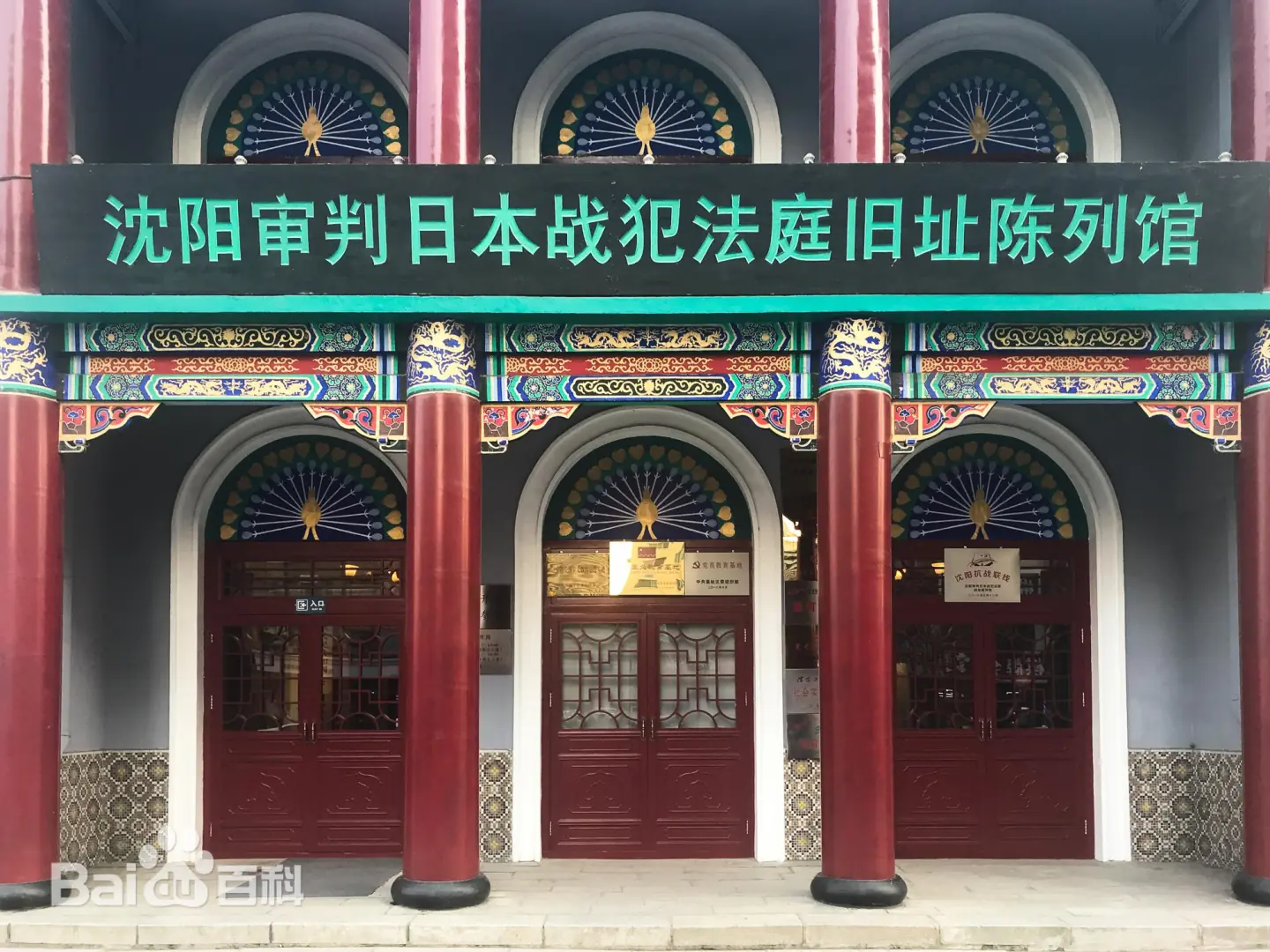
Shenyang Shenpan Riben Zhanfan Tebie Junshi Fating Jiuzhi.
Dining Options
- Dumpling House (饺子馆)
- Description: Known for its authentic Chinese dumplings, this local favorite offers a variety of fillings, from pork to vegetarian. The cozy atmosphere makes it a great spot for a casual meal.
- Location: Near the exhibition hall, making it a convenient stop after your visit.
-
Recommendation: Try the steamed dumplings served with a spicy soy sauce.
-
Shenyang Roast Duck Restaurant (沈阳烤鸭店)
- Description: For those looking to indulge in a classic Chinese dish, this restaurant specializes in roast duck with crispy skin and tender meat, served with pancakes and hoisin sauce.
- Location: A short drive from the historical site.
-
Recommendation: Order the whole duck for a truly authentic experience, and don’t forget the side dishes.
-
Sichuan Hot Pot (四川火锅)
- Description: If you’re in the mood for something spicy, this hot pot restaurant offers a variety of broths and fresh ingredients. Diners can cook their selections right at the table.
- Location: Approximately 15 minutes from the court site.
-
Recommendation: Go for the spicy broth and don’t miss the handmade noodles.
-
Local Street Food Stalls
- Description: For a taste of local life, explore the nearby street food scene, where vendors offer everything from skewered meats to sweet pastries.
- Location: Within walking distance from the court site.
- Recommendation: Sample the grilled corn and fried dough sticks for a quick snack.
Accommodation Options
- Shenyang Heping District Hotel (和平区酒店)
- Description: A comfortable hotel offering modern amenities and spacious rooms. It’s well-rated for its cleanliness and friendly staff.
- Location: Centrally located, making it easy to access both the historical site and other attractions in Shenyang.
-
Features: Free Wi-Fi, breakfast included, and a fitness center.
-
Liaoning Hotel (辽宁酒店)
- Description: A well-established hotel that provides a blend of traditional Chinese hospitality and modern comforts. The on-site restaurant serves a variety of local dishes.
- Location: Close to major transportation hubs, ideal for travelers.
-
Features: Conference facilities, a business center, and a relaxing bar.
-
Jinjiang Inn Shenyang (锦江之星)
- Description: This budget-friendly option offers clean and comfortable rooms with all the essentials for a pleasant stay. It’s a great choice for travelers looking to save without sacrificing comfort.
- Location: A short taxi ride from the court site.
-
Features: 24-hour reception, laundry services, and a restaurant.
-
Hostel Options
- Description: For backpackers or those looking for a more social atmosphere, several hostels in Shenyang offer dormitory-style accommodations at affordable prices.
- Location: Typically located in the city center, making them convenient for exploring.
- Features: Common areas for socializing, kitchen facilities, and organized tours to local attractions.
With these recommendations, your visit to the Shenyang Shenpan Riben Zhanfan Tebie Junshi Fating Jiuzhi will be both enriching and enjoyable. Enjoy the culinary delights and comfortable stays as you explore the deep historical significance of this site.
Frequently Asked Questions
-
What is the Shenyang Shenpan Riben Zhanfan Tebie Junshi Fating Jiuzhi?
The Shenyang Shenpan Riben Zhanfan Tebie Junshi Fating Jiuzhi, also known as the Shenyang Court for the Trial of Japanese War Criminals, is a historical site and museum located in Shenyang, China. It showcases the judicial proceedings against 36 Japanese war criminals held from June 9 to July 20, 1956, representing a significant event in Chinese history following World War II. -
Where is the museum located?
The museum is situated at 77 Heilongjiang Street, Huanggu District, Shenyang, Liaoning Province, China. It is part of the broader “September 18th Historical Museum.” -
What are the opening hours?
The museum is open from 9:00 AM to 5:00 PM daily. Last admission is at 4:30 PM. -
Is there an admission fee?
Entry to the Shenyang Shenpan Riben Zhanfan Tebie Junshi Fating Jiuzhi is free of charge, allowing visitors to explore its exhibits without any cost. -
What can visitors expect to see in the museum?
The museum features a combination of restored displays and historical exhibits that include photographs, documents, artifacts, and multimedia presentations. These elements collectively narrate the history of the trial and the circumstances surrounding the Japanese war criminals before and after their judgment. -
How long should I plan to stay at the museum?
Visitors are generally recommended to spend about 2 to 3 hours at the museum to fully appreciate the exhibits and the historical context they provide. -
Is the museum accessible for individuals with disabilities?
Yes, the Shenyang Shenpan Riben Zhanfan Tebie Junshi Fating Jiuzhi is designed to be accessible, ensuring that visitors with disabilities can navigate and enjoy the exhibits comfortably. -
Why is this museum significant?
The museum not only serves as a memorial to the victims of Japanese aggression during World War II but also plays a crucial role in educating the public about national history and promoting patriotic values. It stands as a testament to the pursuit of justice and the remembrance of past conflicts.
Final Thoughts on Your Trip
Visiting the Shenyang Court for Japanese War Criminals is more than just a journey through history; it is a powerful reminder of resilience and justice. This unique site, dedicated to the trials held between June and July 1956, stands as a testament to the courage of the Chinese people during a tumultuous period in their history. The museum not only chronicles the trials of 36 Japanese war criminals but also serves as a pivotal educational platform, fostering a deeper understanding of the past among younger generations.
The exhibits, rich with artifacts, photographs, and narratives, evoke a profound sense of patriotism and reflection. As visitors walk through the halls, they are invited to contemplate the sacrifices made for peace and the importance of remembering history to prevent its darkest chapters from repeating.
A trip to the Shenyang Court for Japanese War Criminals is a chance to connect with a significant part of world history, while also honoring the enduring spirit of justice that transcends borders. Whether you are a history enthusiast or simply seeking to understand the complexities of international relations, this site offers invaluable insights and a unique perspective on the human experience.
